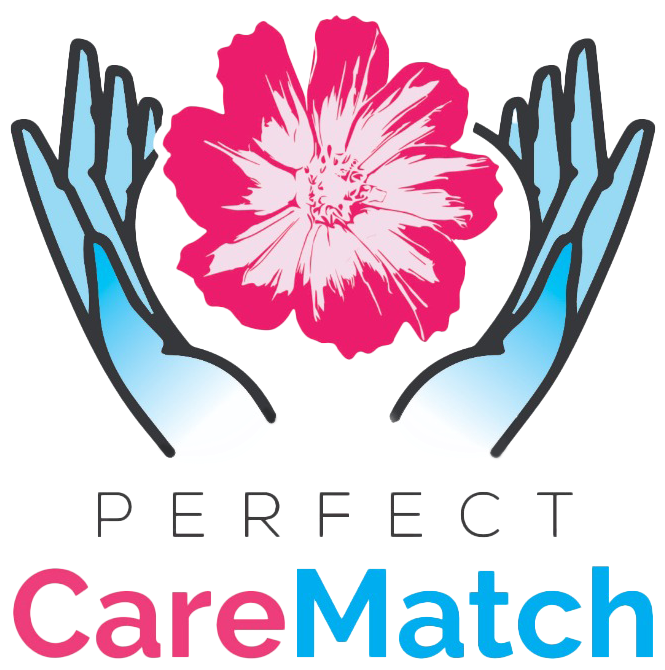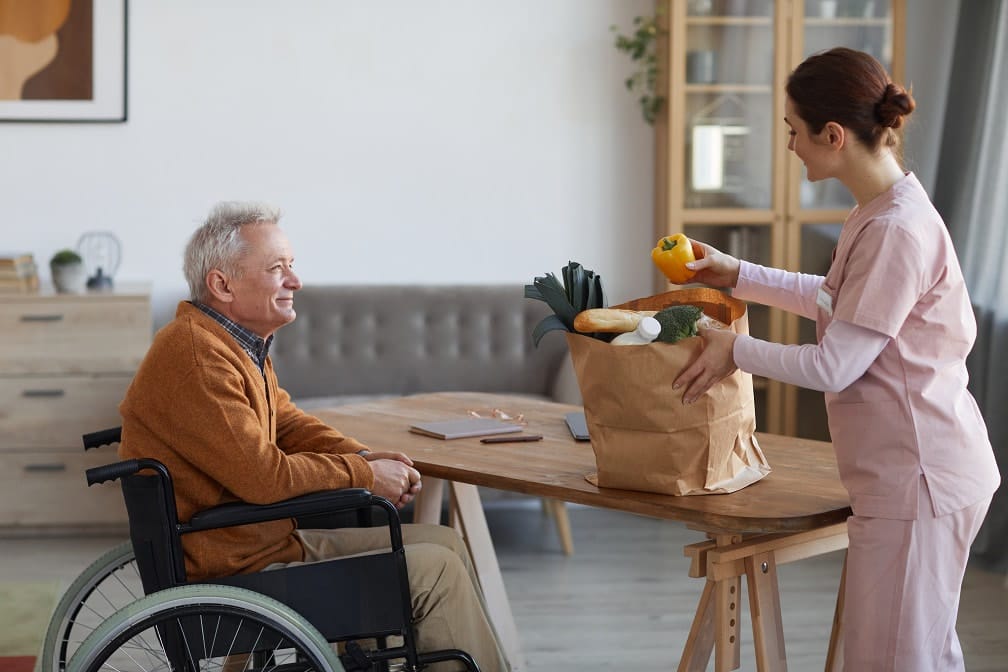With decades’ worth of experience in elder care, we take our role as providers very seriously. We carefully assist you with ascertaining the level of care your loved one needs; clients have the opportunity to choose who they would like to welcome into their homes. Aging in place is the preferred arrangement for the majority of older adults. We strive to keep you or your family member safe and healthy as they remain in their own environment, surrounded by the familiar things in their life.
The Role of the Caregiver
A caregiver is often a spouse or child who may or may not receive payment for their work; some states administer programs that provide financial compensation for family caregivers. There are no certification or licensing requirements for someone who takes care of their parent or child; it’s strictly on-the-job training.
Most will agree they have had on-the-spot training, as well. As family caregivers learn to assist the person with everyday tasks, they often pick up simple medical skills along the way. They learn to administer medicine, manage oxygen, take vital signs, and change simple dressings. In addition, they are responsible for the day to day housekeeping.
On top of that, they are helping another person do the things they are unable to do for themselves: bathing, dressing, using the toilet or providing incontinence care, and moving about their environment. They shop for food and prepare meals; sometimes they must feed their loved one. They are also responsible for legal and financial matters, home maintenance, and errands.
A care provider is a professional caregiver, and is typically employed by a third party such as an agency. States determine certification and licensing requirements for these positions, as qualifications for these roles vary by state and they use a variety of job titles for these paraprofessionals, with each having its own specific set of associated skills.
What’s the difference between home care providers?
The educational requirements for types of home care providers vary by state; however federal guidelines apply to home care agencies who accept Medicare/Medicaid reimbursement. States require background checks, but there is no nationwide standard for training or clinical experience, outside of the mandatory CPR training received by all home care workers.
Home Health Aide
Home Health Aides, or HHAs help their clients with activities of daily living (ADLs) such as bathing, dressing, grooming, and hygiene tasks. HHAs also serve as companions and they assist clients with IADLs (Instrumental ADLs) such as paying bills, and assisting the client with attending appointments, housekeeping, and shopping. They may provide reminders to take medications.
Nursing assistants
CNAs, or Certified Nursing Assistants have received clinical training from a nurse educator. They are qualified to perform basic medical tasks, like vitals or dry dressing changes, and ensure medications are taken. They assist with ADLs and meals.
Homemakers
A homemaker manages everyday household tasks without formal training, and involves laundry, tidying up, shopping, meal preparation, and running errands for people who are homebound.
Why choose Perfect Care Match?
Professional Care Match’s fully trained and rigorously vetted care providers are dedicated to ensuring the health and safety of you or your loved one. We bring together Certified Nursing Assistants and Home Health Aides with clients who need help staying in their homes.

